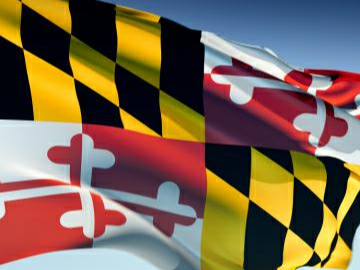Maryland’s minimum wage should adjust with inflation
Anyone who heard Gov. Wes Moore testify Monday in favor of his plan to raise Maryland’s minimum wage to $15, two years earlier than scheduled, and then link increases to inflation starting in 2025 (with a 5% annual cap), might have been surprised at how compelling his argument was and how tepid the opposition. Appearing before the House Economic Matters Committee, Governor Moore mostly let the facts speak for themselves.

